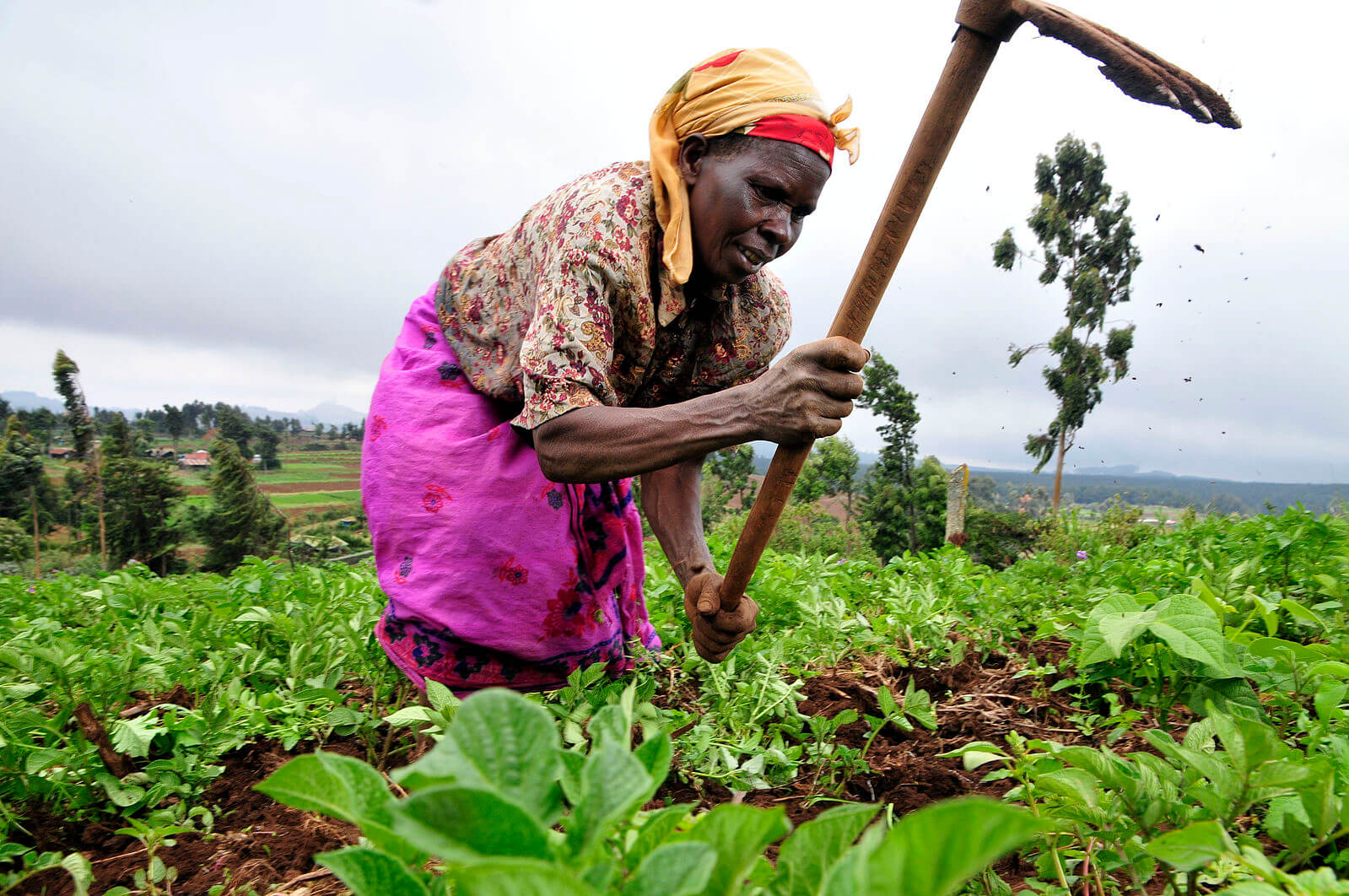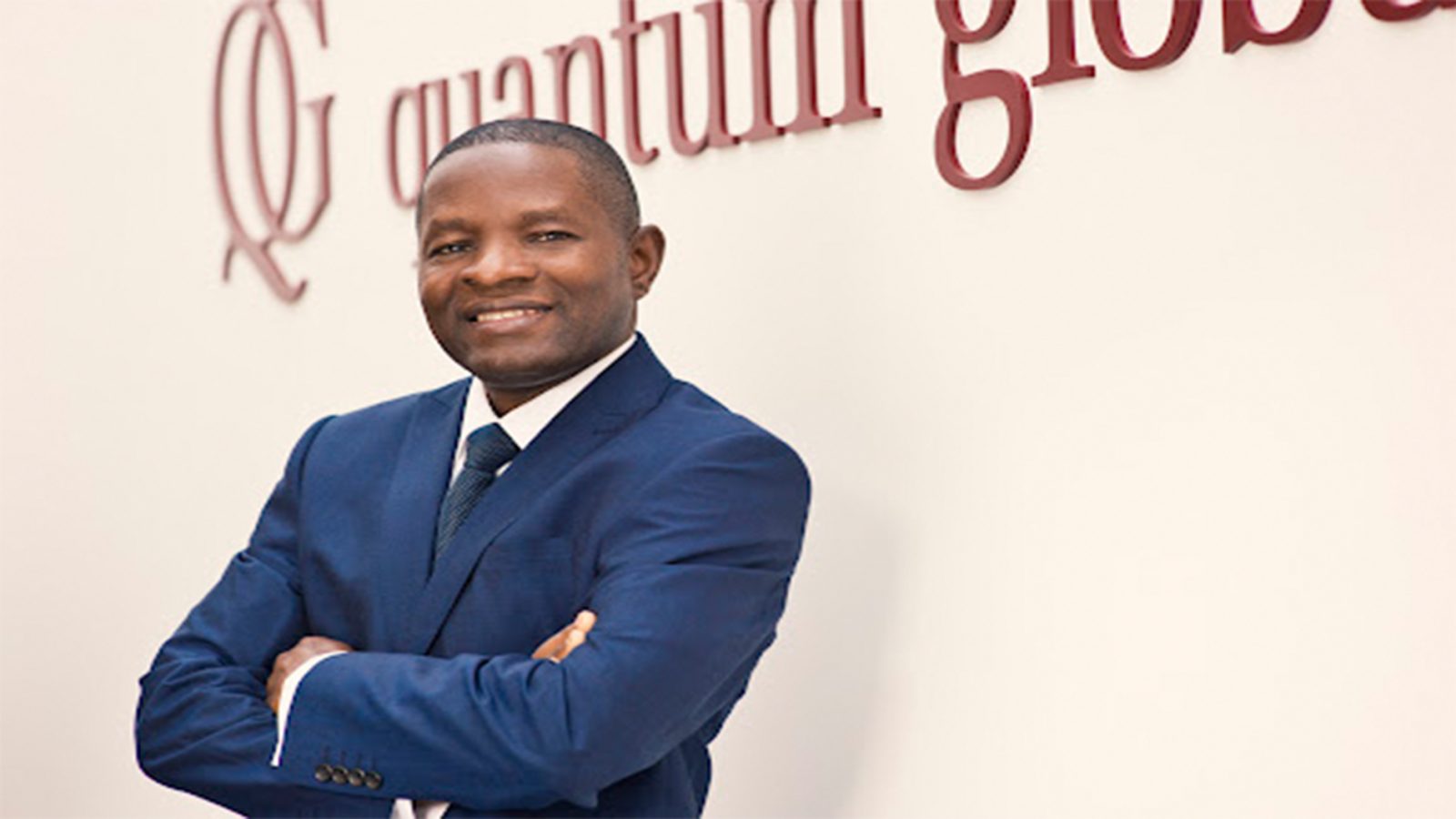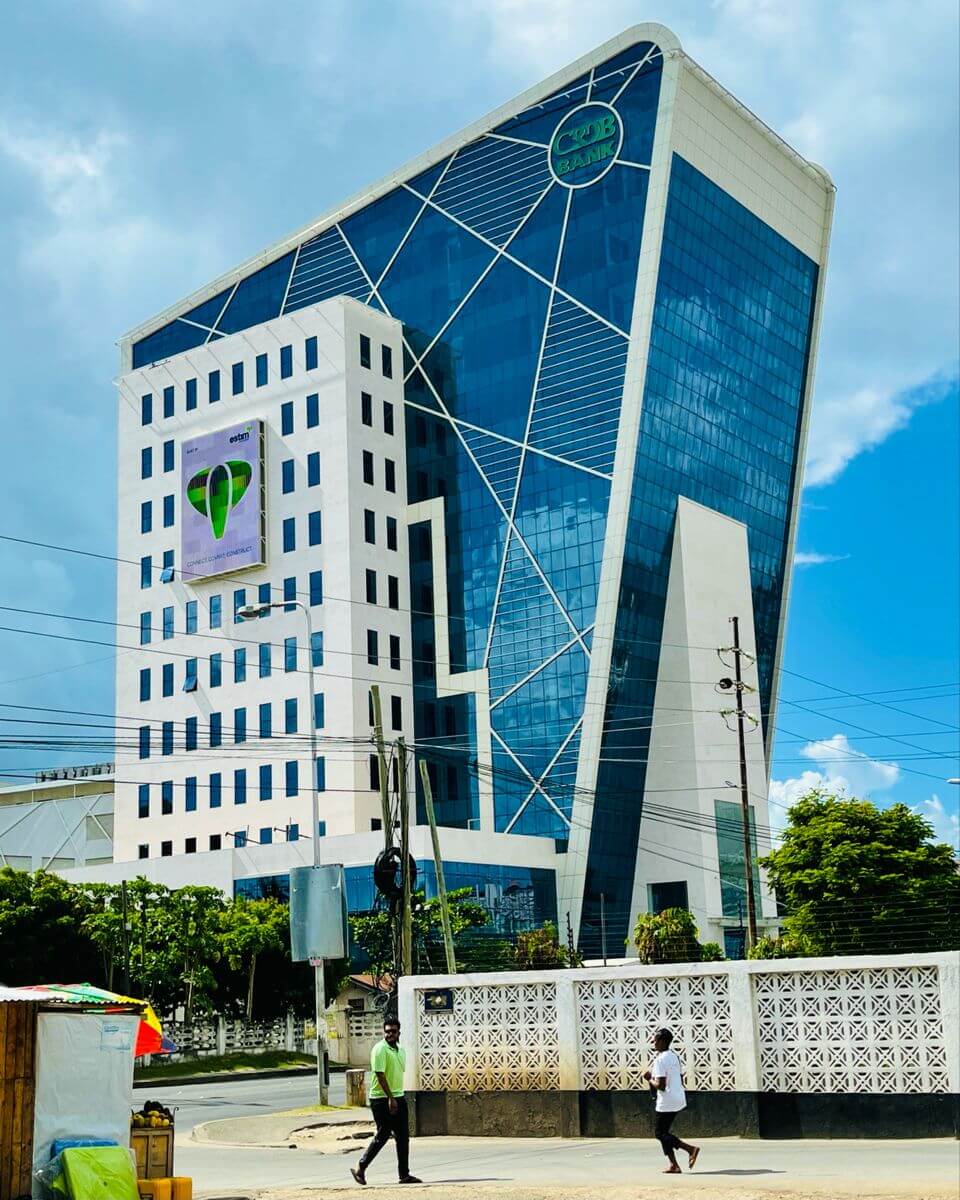Despite the steady drumbeat of headlines on the growing global food crisis, the African Development Bank’s acting chief economist says he is optimistic that the worst can be avoided —as long as governments and international financial institutions step up to take charge of agricultural production.

In an interview with Devex on Wednesday while visiting Washington, Kevin Urama pointed to AfDB’s new $1.5 billion emergency funding mechanism as key to preventing such a crisis in Africa. The Côte d’Ivoire-based institution recently approved the mechanism to increase agricultural production on the continent, including by introducing new technology to farmers. The goal is to get crop yields up and bring prices down.
“In Africa, the food crisis can be averted,” Urama said. “We are very optimistic that will happen.”
Not only that, he said, but Africa can fill the gap left by the lack of wheat and other exports from Ukraine and Russia.
“We are sitting on top of 60% of the remaining arable land in the world,” he said. “Africa can become a food basket for the world.”
Urama also said that climate change and food security are linked because shifting weather patterns are partially at fault for high food prices.
“The price of lots of staple food crops have gone up very significantly because of the geopolitical tensions, one of which is the Russia-Ukraine war, but [also] several other patterns including shifting climate patterns, droughts, and other forms of fragility,” he said.
Even with prices decreasing recently, wheat sits about 15% above where it was one year ago and uncertainty remains about the future, with analysts cautioning the worst is still to come in some regions of the world.
Urama and his team are visiting the U.S. capital this week in part to meet with institutions such as the International Monetary Fund, World Bank, and other multilateral development banks about climate finance and the energy transition for Africa. Urama said that Africans make up a small fraction of the world’s carbon emissions, both currently and historically, and called for a global energy and financing strategy that takes this into account.
He argued that developing natural gas as an energy source is “central” for economic growth in low-income countries — while keeping Africa within the limits of the Paris climate accord — as the continent transitions away from carbon-intensive emissions to a more sustainable future.
“Africa has only contributed 3% of carbon emission to the global pool,” he said, adding that the consequences of emissions elsewhere have hit the continent especially hard. Infrastructure investments have been wiped away by natural disasters — such as a recent cyclone in Mozambique — which were paid for out of limited budgets.
“The financing coming to Africa is very low,” Urama said, arguing that historic emitters should step up climate finance from the $18.3 billion that the continent receives annually, on average, to more than the $120 billion each year that AfDB says is needed.
More than a decade ago, wealthy nations pledged $100 billion annually to low-income countries for this purpose. The promise was never kept, while needs only increased.
“There are a lot of trade-offs we need to have amongst the global community to solve these challenges,” Urama said. In his view, this would mean that Africa should be allowed to have some carbon emissions in the process of spurring economic growth, and that advanced economies and the biggest polluters should cut the most.
Still, he wants Africa to avoid investments in carbon-intensive energy sources and sees renewables as a “huge opportunity.” But he said the continent needs the resources to get there.
“It is in the interest of Africa to find technologies that will reduce emissions while not slowing down growth,” Urama said. “Gas is central for the sustainability of the energy systems,” he added, calling it a “transition fuel.”
SOURCE: DEVEX







